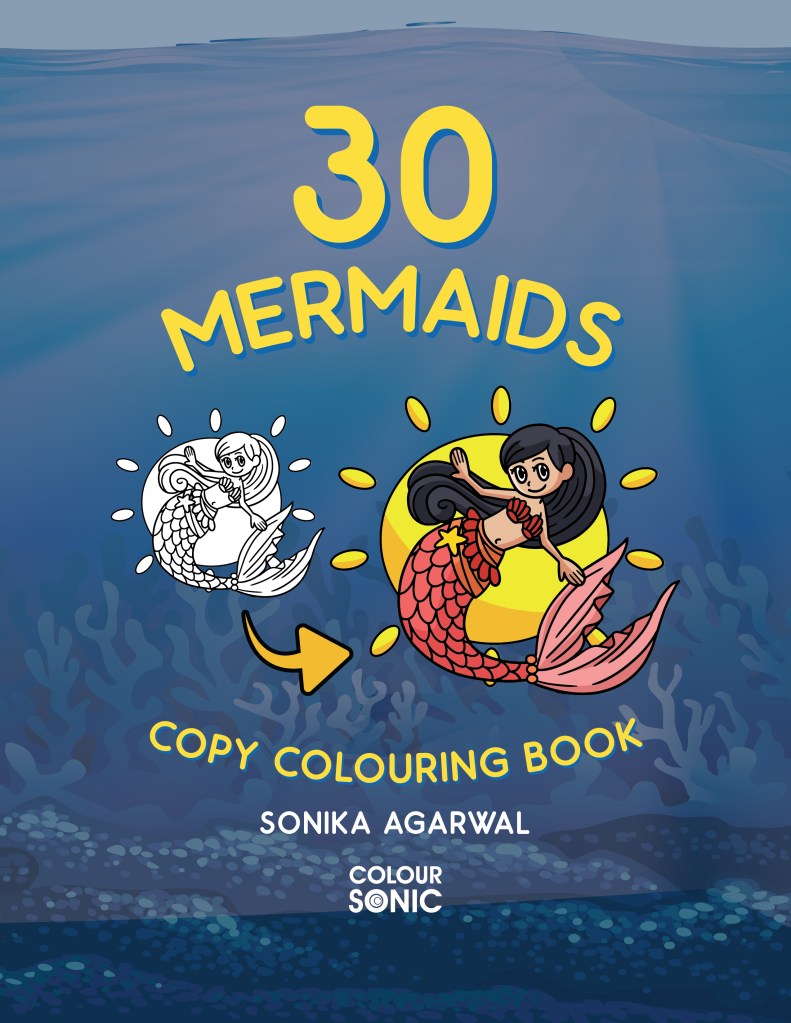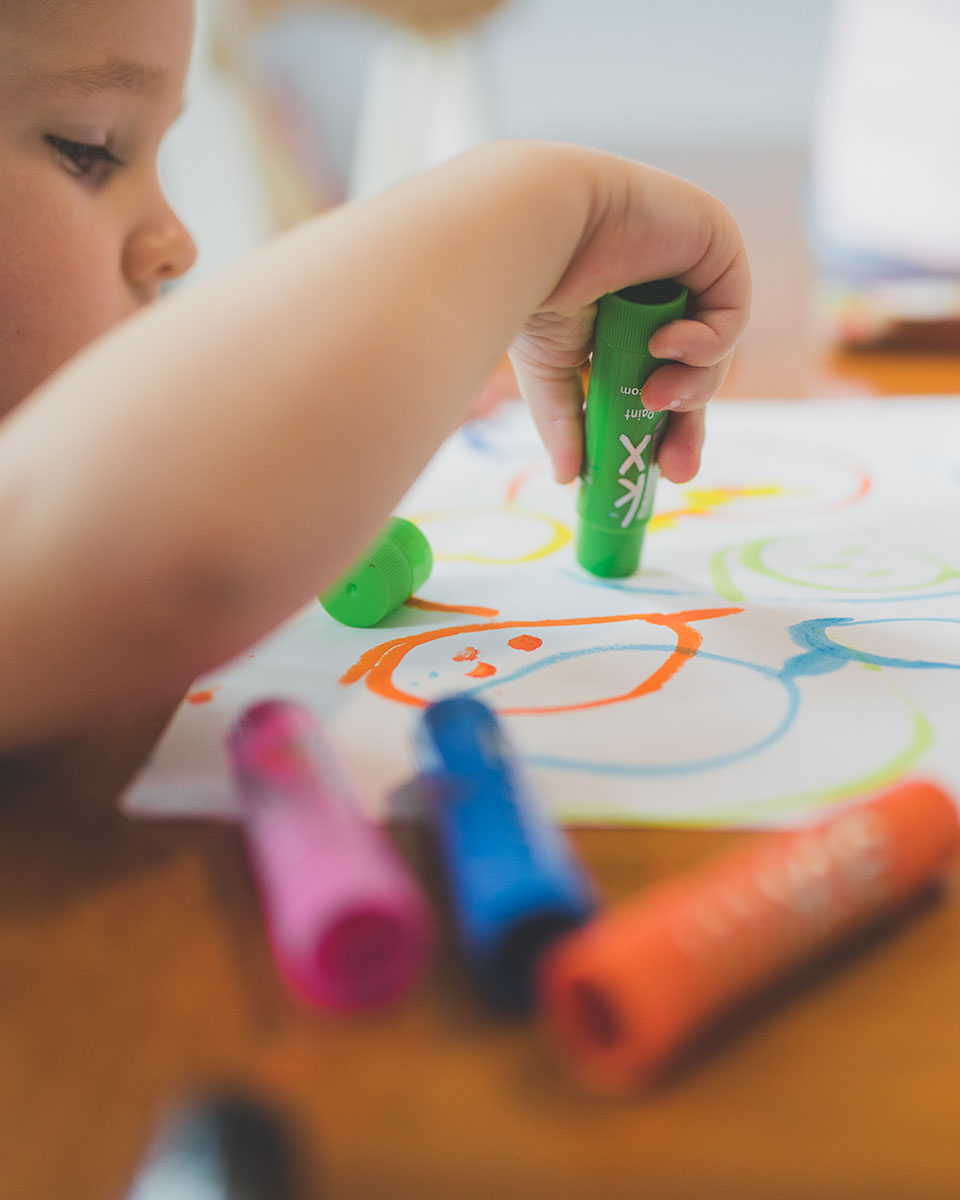Fine motor skills are crucial for a child’s overall development, particularly when it comes to activities like colouring and writing. These skills involve the coordination of small muscles in the hands, fingers, and wrists, enabling children to perform precise movements necessary for tasks like holding a pencil, making controlled strokes, and colouring within the lines. In this blog post, we will delve into the importance of fine motor skills in colouring and writing and explore how these skills contribute to a child’s cognitive, physical, and academic development.
- Developing Hand Strength and Coordination: Engaging in colouring and writing activities helps children develop hand strength and coordination. As they hold and manipulate colouring tools or grip a pencil, they strengthen the muscles in their hands and fingers. These strengthened muscles allow for better control and dexterity, enabling them to produce more precise and controlled movements.
- Refining Hand-Eye Coordination: Colouring and writing require a harmonious connection between the eyes and the hands. Children must visually track the lines and shapes they are colouring while coordinating their hand movements to stay within the boundaries. This process enhances hand-eye coordination, which is essential for various everyday tasks and future academic pursuits.
- Improving Pencil Grip and Control: Fine motor skills play a significant role in developing an efficient pencil grip and control. Through colouring and writing activities, children learn to hold a pencil correctly and apply appropriate pressure for different strokes. As they refine their grip and control, their writing becomes neater, and their ability to produce fluid and controlled lines improves.
- Enhancing Cognitive Abilities: Fine motor skills in colouring and writing have a positive impact on cognitive development. When children focus on colouring within the lines or forming letters and words, they engage their attention, concentration, and problem-solving skills. These cognitive processes help strengthen their ability to follow instructions, think critically, and make decisions, laying the foundation for academic success.
- Supporting Language and Communication: The development of fine motor skills through colouring and writing is closely tied to language and communication skills. As children practice writing and forming letters, they simultaneously strengthen the neural pathways associated with language processing. Additionally, the act of colouring and writing fosters self-expression and communication, allowing children to convey their thoughts and ideas visually and through written words.
- Encouraging Creativity and Self-Expression: Fine motor skills are closely intertwined with creativity and self-expression. Colouring and writing activities provide children with a means to express their imagination, emotions, and unique ideas. Through colouring, they can experiment with different colours, textures, and artistic techniques, fostering their creativity and allowing for personal expression.
- Preparing for Academic Success: Fine motor skills developed through colouring and writing lay the groundwork for academic achievement. The ability to hold a pencil, form letters, and colour with precision is crucial for future endeavors such as handwriting, note-taking, and drawing diagrams. Strong fine motor skills allow children to focus on content rather than struggling with the mechanics of writing, enhancing their overall academic performance.
The importance of fine motor skills in colouring and writing cannot be overstated. From developing hand strength and coordination to refining pencil grip and control, these skills have far-reaching effects on a child’s cognitive, physical, and academic development. Encouraging children to engage in colouring and writing activities not only enhances their fine motor skills but also fosters creativity, self-expression, and prepares them for future academic pursuits. So, let’s embrace the power of colouring and writing as avenues for fine motor skill development, unlocking a world of possibilities for our children’s growth and success.
Why should you make colouring pages a habit?
Giving the colouring pages or books to your children can be a great way of keeping them occupied and letting them use their imagination and thinking. With colouring, children can improve their hand-to-eye coordination, be creative and even spend their time doing something useful. Since they help in relieving stress, they are highly recommended for adults too!
Related Post – Free 3 Dinosaur Colouring Pages

Do you love colouring? Check out our new colouring book – ‘30 Mermaids Copy Colouring Book‘ which contains cute and intricate sketches of mermaids; children will definitely love them.

Leave a comment